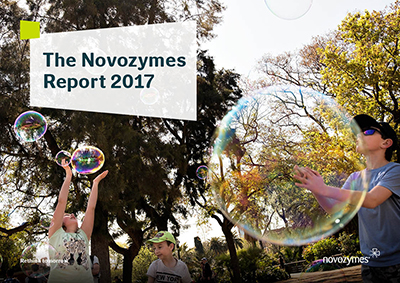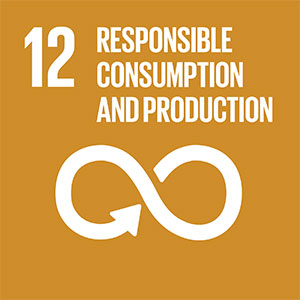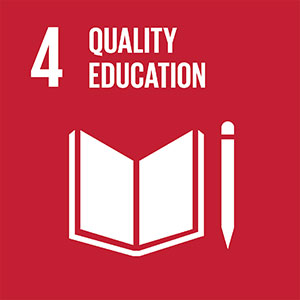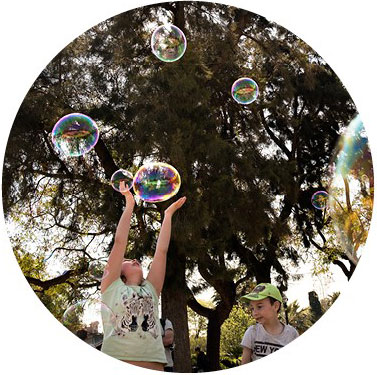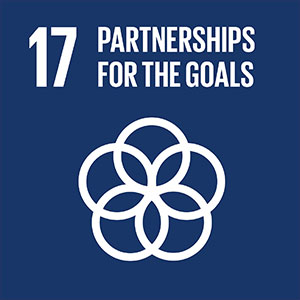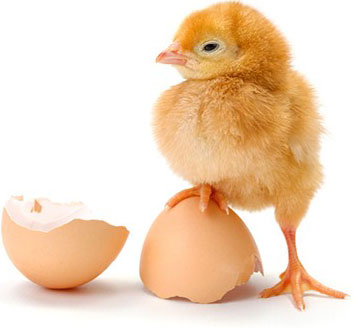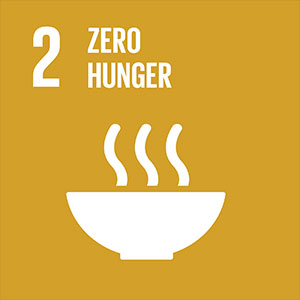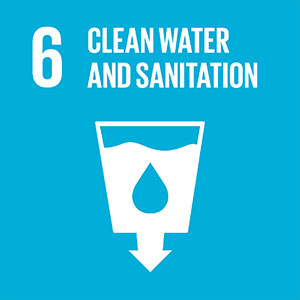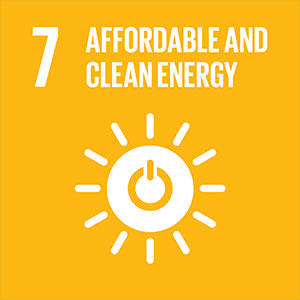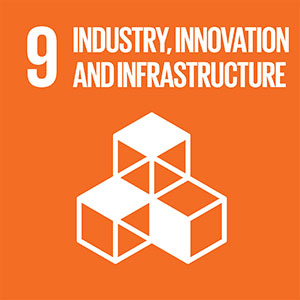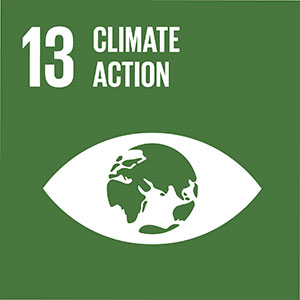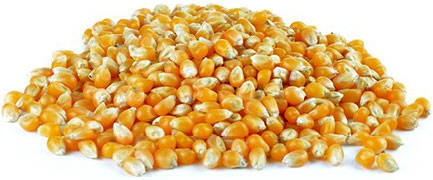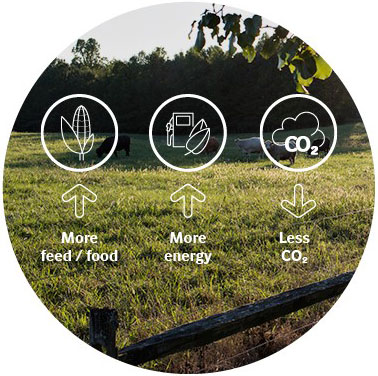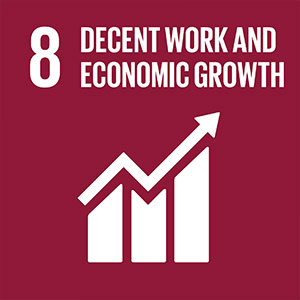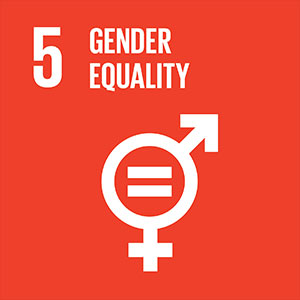Our long-term targets guide us toward our overall goal of helping the world become more sustainable, at the same time as ensuring Novozymes’ continued growth and value creation.
The triple bottom line
Novozymes seeks to generate economic, environmental and social value. This is the triple bottom line approach we have always taken and which is engrained in our purpose, strategy and long-term targets.
Long-term sustainability targets
We launched our six long-term sustainability targets in 2015, inspired by the UN’s Sustainable Development Goals (SDGs) The UN Sustainable Development Goals (SDGs) are an intergovernmental set of 17 aspirational goals with 169 targets. The goals were officially implemented on September 25, 2015, at the United Nations Headquarters in New York, US.. These 17 goals provide the foundation for our transformative plan of action to address the global challenges facing society now, and to an even greater extent in the coming years, such as widespread poverty and hunger, climate change and strains on natural resources such as water.
The SDGs encourage global businesses, national governments and the wider society to use and develop solutions that contribute toward sustainable growth. Novozymes was one of the first companies to link its business targets to the SDGs.
The opportunity to provide solutions to these global challenges translates into business opportunities for Novozymes. Our proactive approach toward addressing these challenges with new and innovative products means that we are in a good position to help customers face the challenges of today – and tomorrow.
Long-term financial targets
Novozymes’ long-term financial targets reflect a commitment to deliver economic value through organic sales growthSales growth from existing business, excluding sales from businesses acquired in the reporting period, measured in local currency. at an attractive earnings level, while investing sensibly to drive additional long-term profitable sales growth. Delivering high economic value ensures that we are able to continue investing in innovation and driving a sustainability agenda.
With 4% organic sales growth, the 2017 results were satisfactory, and within the guidance provided at the start of the year. However, the growth falls short of the ambitions of a company such as Novozymes, which intends to have a profound impact on the world.
Growing organic sales is Novozymes’ top priority, because only by selling more of our solutions will we achieve the sustainable impact we strive for and live up to our purpose. We expect to see organic sales growth of 4-6% in 2018. We will continue to invest in strengthening our leadership position within industrial biotechnology and by unleashing the potential of our innovation pipeline (see Business model). We are confident that this will enable us to accelerate sales growth.
From the perspective of profitability and return on capital, Novozymes’ other two long-term financial targets are EBIT marginEarnings before interest and tax as a percentage of revenue. of 26% or above, and ROICAdjusted operating profit (NOPAT) after tax as a percentage of average invested capital. EBIT is adjusted for net foreign exchange gains/ losses and share of result in associates. including goodwill of 25% or above. The ROIC target excludes the impact of potential acquisitions. For 2018, we expect ROIC to be 24-25%. This is attributable to our relatively high capital investments in our new innovation campus in Lyngby, Denmark, expanding our capacity in Nebraska, US, and our new production site in Mumbai, India, to support our long-term growth ambitions.

